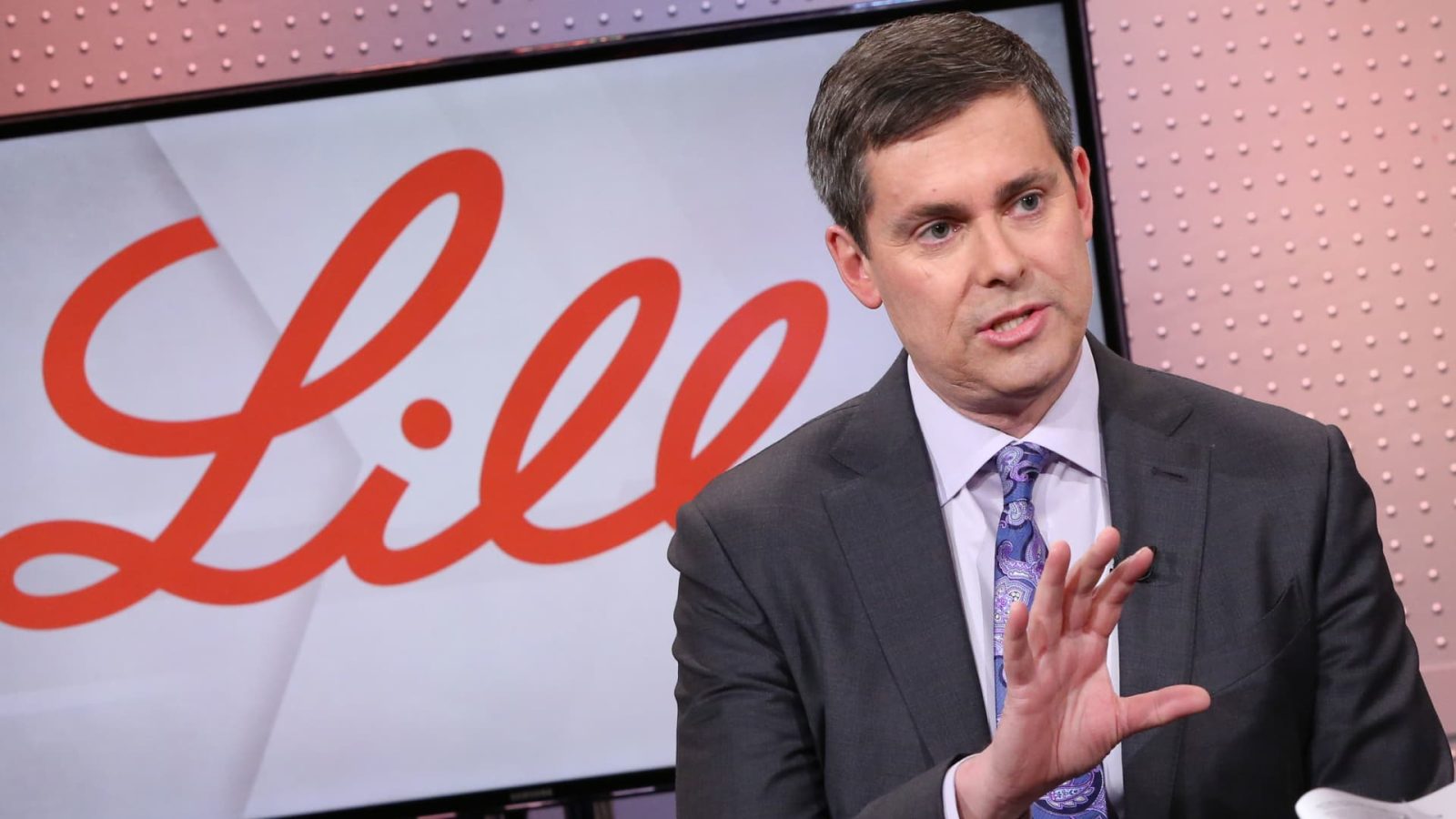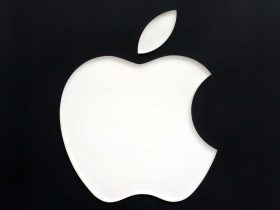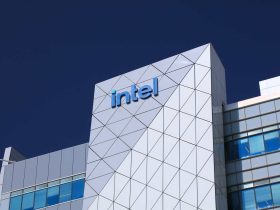Eli Lilly CEO David Ricks on Tuesday quantified how much less patients taking the company’s weight-loss drug Zepbound tend to eat. “When we do calorie counting, people self-monitoring their food intake … on our medication, they’re eating about 800 calories less a day. That’s about a meal,” Ricks said in an interview on “Squawk on the Street.” “So, that’s a pretty significant reduction in food intake. That’s why you lose weight, to be honest. They tend to move more. That’s a good thing, too, and they tend to choose healthier foods, too. All good things.” Rick’s comments add to the growing debate on the wide-ranging impact that these newer drugs like Zepbound will have not only on the people using them but the food industry overall — from grocery store chains to snack and drink makers to restaurants. The Food and Drug Administration approved Zepbound in late 2023, and demand for the drug has boomed since then, at times leading to supply shortages in the country. Still, quarterly sales exceeded $1 billion for the first time in the April-to-June period . In a late-stage trial, adults with obesity or overweight who took the highest dose of the drug lost 22.5% of their body weight on average . Zepbound belongs to the fast-growing class of drugs known as GLP-1s, which mimic a gut hormone to help regulate blood sugar and suppress appetite, leading to weight loss. It shares the active ingredient tirzepatide with Eli Lilly’s Mounjaro, a type-2 diabetes treatment, which was first approved in 2022. CNBC’s Jim Cramer — whose Charitable Trust, the portfolio used by the CNBC Investing Club, owns a stake in Eli Lilly — has long said that active ingredient could become the best-selling drug of all time . Lilly’s main rival in the GLP-1 category is Danish pharmaceutical firm Novo Nordisk , which makes Ozempic for type-2 diabetes and Wegovy for obesity. Those drugs share the active ingredient semaglutide, which is similar but slightly different from tirzepatide. Ozempic has become a cultural umbrella term for these types of drugs and the weight loss people experience. A host of other drugmakers such as Amgen and Roche are developing GLP-1 treatments in clinical trials. As the popularity of GLP-1s has exploded in recent years, investors have enjoyed the upside in Club stock Lilly and others. But Wall Street has been on high alert about the downstream effects they could have in other industries, especially food and beverage. Many stocks in that industry endured a multi-month rough patch last year as fears mounted about a decline in future sales due to the drugs. Those concerns have been less pronounced in recent months, but they have hardly been extinguished, even as executives at companies that would feel the impact caution that it’s too early to tell what the long-term impact will be. LLY .SPX 5Y mountain Eli Lilly’s stock performance compared with the S & P 500 over the past five years. In a CNBC interview last year, Walmart CEO Doug McMillon said, “There’s some shifting in categories as people think about losing weight. They buy more fresh foods, for example. So there’s some movement around, but I can’t call what’s gonna happen in the long term. That’s a developing story.” McMillon’s remarks came a few months after the CEO of Walmart U.S. turned heads in a Bloomberg News interview when he said users of weight-loss drugs are buying “slightly less calories” than before. On CNBC Tuesday, Lilly’s Ricks said he fields calls from fellow executives who are trying to understand the impacts GLP-1s may have on their businesses. But, he said, he’s not surprised that companies are not reporting widespread changes in behavior, yet. “I think the reason this hasn’t scaled yet to a level that a grocery-store chain or a large fast-food maker notices is, today in America, we only have about 6 million people on these medications. That’s because of the supply constraints we’ve seen,” Ricks said. “As we open up supply, as insurance coverage improves and maybe out-of-pocket prices fall, then we’ll probably see more people and the impact will grow. That would be my guess. But I’m not in the food business. I’m in the making-people-healthier business, and these drugs are going to make people healthier.” Indeed, Lilly and Novo Nordisk alike have embarked on an aggressive push to demonstrate that GLP-1s deliver health benefits beyond just shedding pounds, believing that will make insurers more likely to extend coverage to the pricey drugs. Novo secured an expanded label for its Wegovy earlier this year to include cutting heart disease risk. A few weeks ago, Lilly announced trial results that showed Zepbound improved outcomes for people with a common type of heart failure . Most recently, Eli Lilly on Tuesday said Zepbound cut the risk of developing type-2 diabetes by more than 90% in obese or overweight people who had pre-diabetes compared to the placebo group. The results were based on a roughly three-year study. Shares of Eli Lilly jumped on the results, adding nearly 5% at one point and breaking through to a new all-time intraday high of $967 each. While those gains cooled off a bit later in the session, the stock was still up more than 62% year to date. Lilly is the most valuable health-care company in the world, with a market capitalization of around $900 billion.
Read the full article here









Leave a Reply